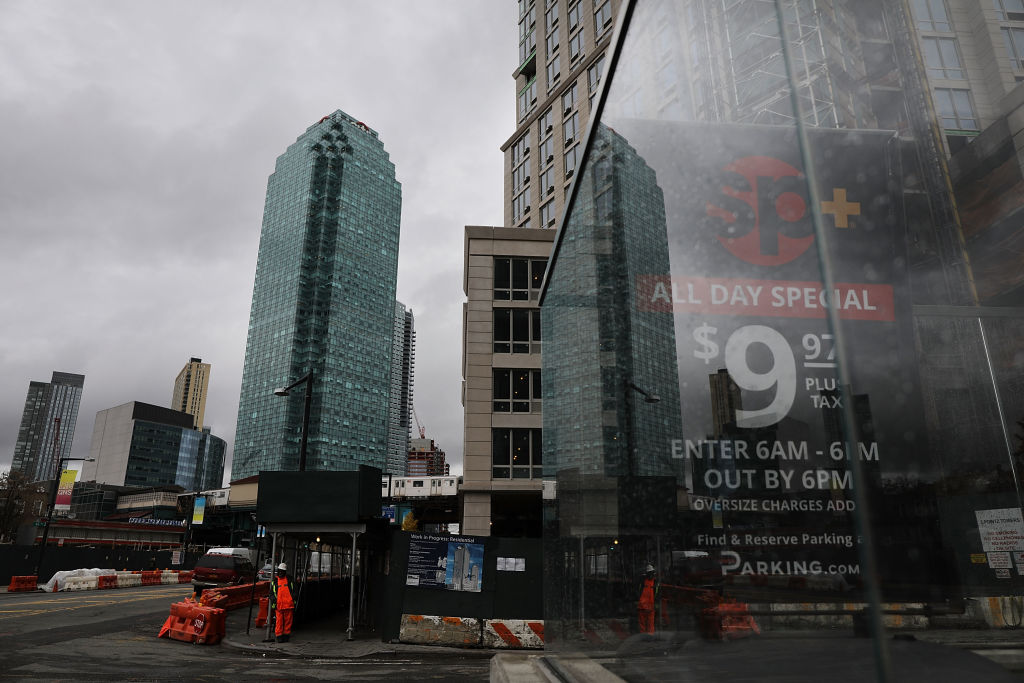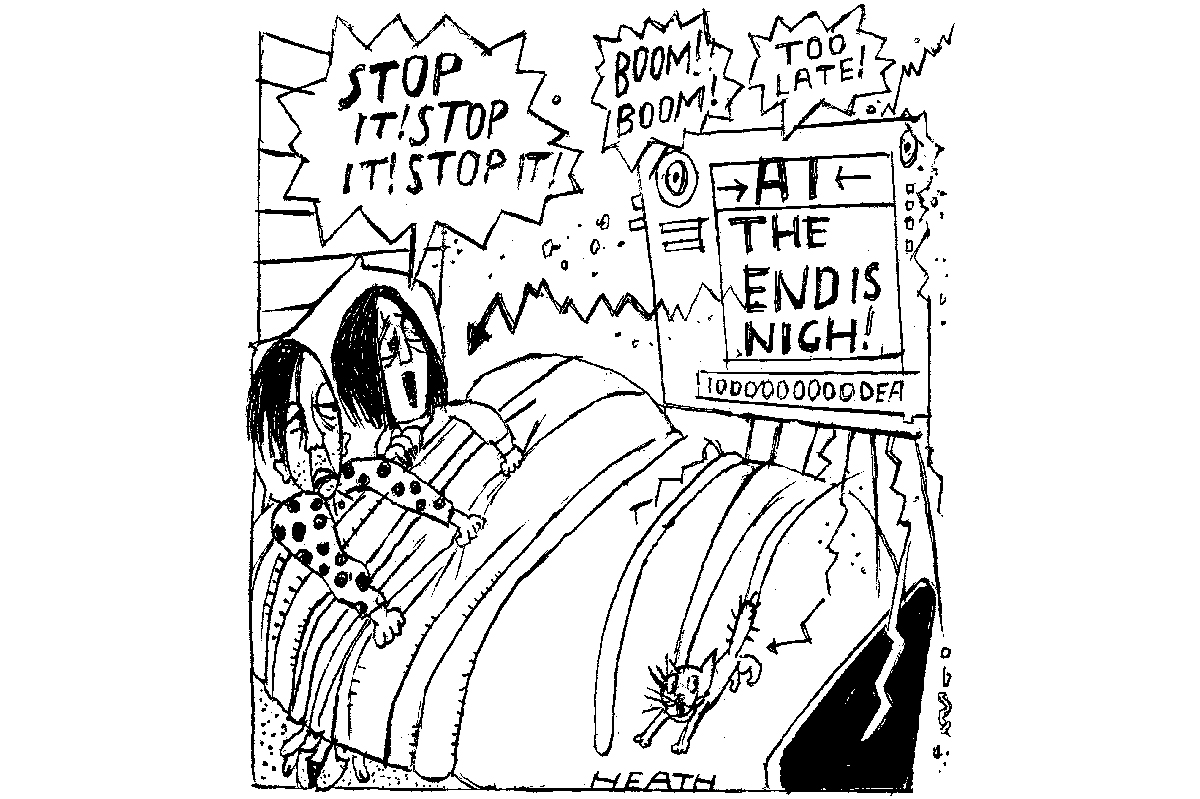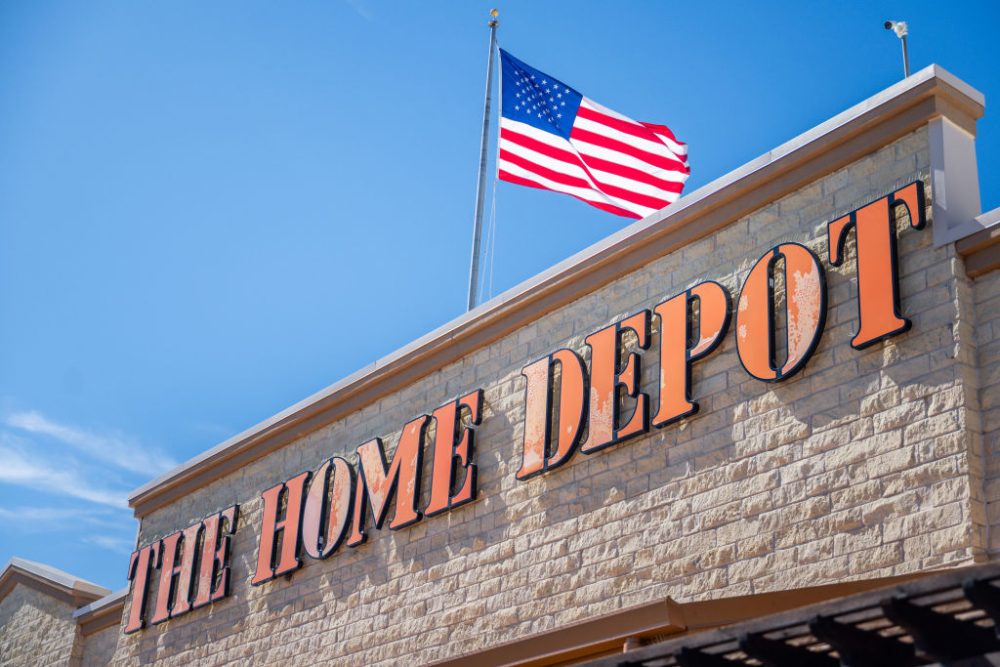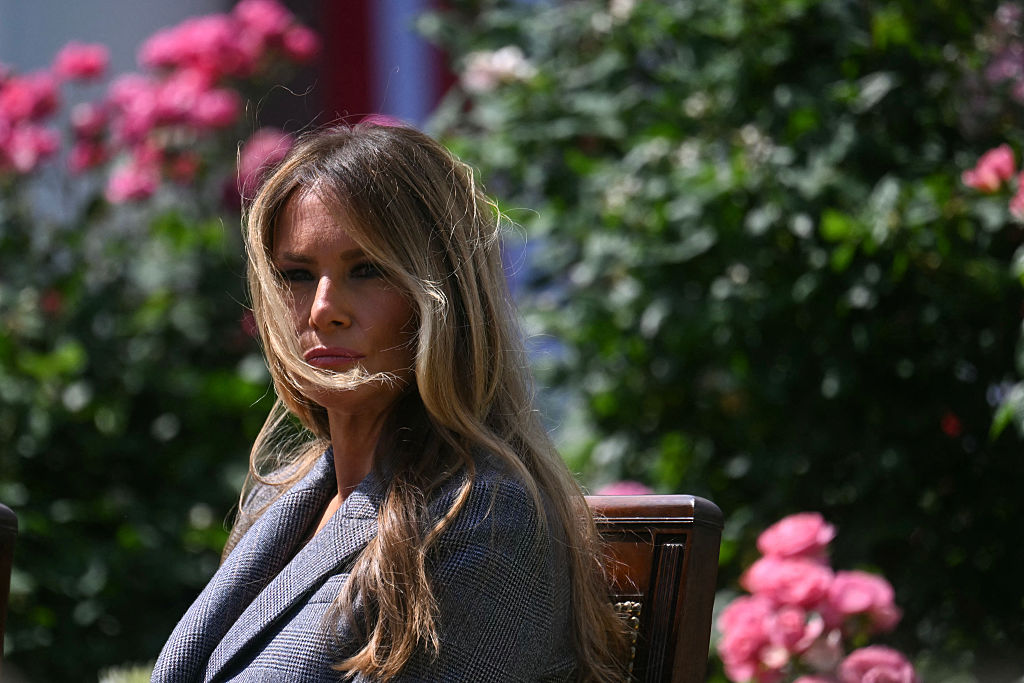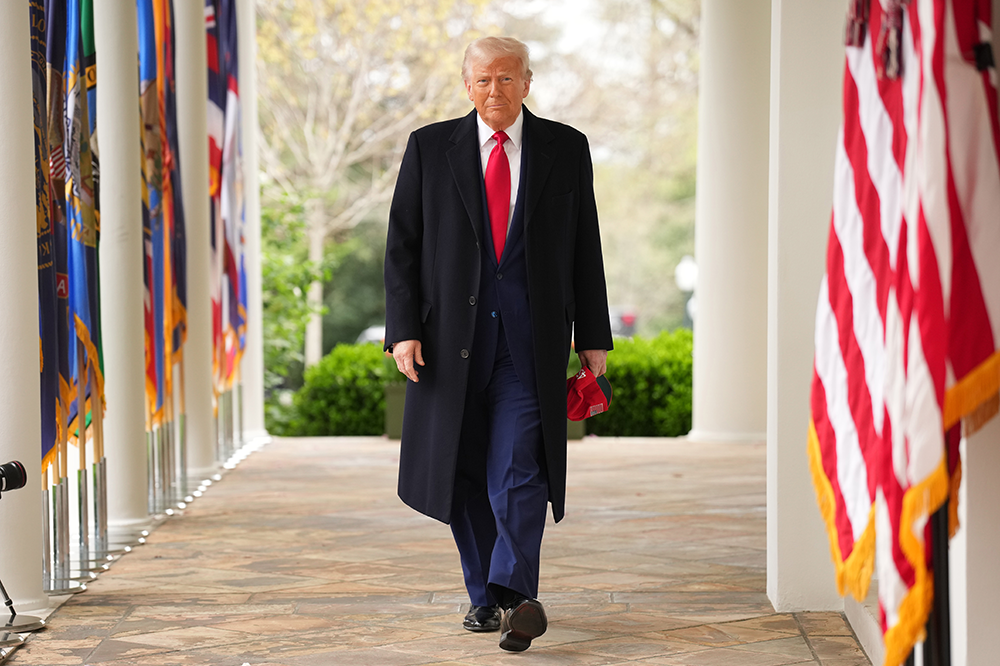Regional inequality is perhaps one of the hardest social issues America faces – the sense that a select few prosperous metropolitan areas increasingly dominate the rest of the country economically, culturally, and politically. Every election, the consequences of this inequality become more evident; it was crucial in electing Donald Trump president in 2016. When Amazon announced last year that it would embark on a mission to find its next headquarters, the (naive) hope was that by spreading around its largesse, some of this inequality could be stemmed. From Birmingham, Alabama to Pittsburgh, cities were teased with the prospect of a once-in-a-lifetime influx of economic stimulus.
Officials desperate to impress Amazon furnished them with extremely valuable non-public data, ranging from student test scores to land use statistics, which the company could summarily dump into its proprietary information-processing vortex and use to sell more people more stuff. Supporting promotional campaigns were launched, leading to worshipful pleas of an intensity rarely seen in the annals of American corporate suck-uppery.
Then today the decree finally came down: after a long and exhaustive search, Amazon mysteriously settled on the country’s two centers of political and financial power, Washington, DC and New York City. If the aim was to elevate places that have been ‘left behind,’ these regions would be at the literal bottom of the list. And so the very problem that Amazon’s expansion purported to improve – growing regional economic stratification – will now instead be made worse by its craven decision to pour resources into two of the most ascendant areas of the country.
The entire process appears to have been little more than a depraved scheme to solidify Amazon’s monopolistic grip by showing how easily it can swindle elected officials into giving them priceless data, enormous subsidies, budget-busting tax breaks – basically anything they could’ve ever asked for – without getting back anything in return. Ohio, Indiana, and Kentucky receive nothing from this gambit except further subordination to New York and DC. And the scheme concludes with Amazon entrenching its hold over the country’s primary locus of regional power, a fittingly debased end to a scheme that was debased from the outset.
It should also not be lost that the elected officials who presided over this massive corporate welfare grift were Democrats: Andrew Cuomo of New York, who never found the time to mention the details of the behemoth subsidies over the course of his just-finished gubernatorial campaign, and Mayor Bill de Blasio, who incessantly croons about his ‘progressive’ credentials yet turns around and hands a historic giveaway to the third-most valuable corporation in the United States. Recently-elected Democrat Ralph Northam of Virginia also joined the party. They apparently determined that Amazon required billions in incentives to be proximate to two of the most obviously-desirable cities in the country; Jeff Bezos’s personal wealth has grown by $36 billion just this year, but apparently the tax credits made all the difference.
Amazon has even annexed a large swath of highly desirable urban real estate, Arlington County and Alexandria, and ‘rebranded’ it with the tediously banal name ‘National Landing’. Note that the voters of these areas had no direct say in whether they wanted a new corporate supremacy regime to suddenly overtake their communities.
Urban liberals often convene somber panel discussions to mull over why voters in distant lands, like Appalachia and Upper Midwest, behave in ways they find inexplicable. They cannot fathom why cross-regional resentment has become the defining political characteristic that it has. Perhaps Bezos can invest some of his newfound savings in examining the issue.



